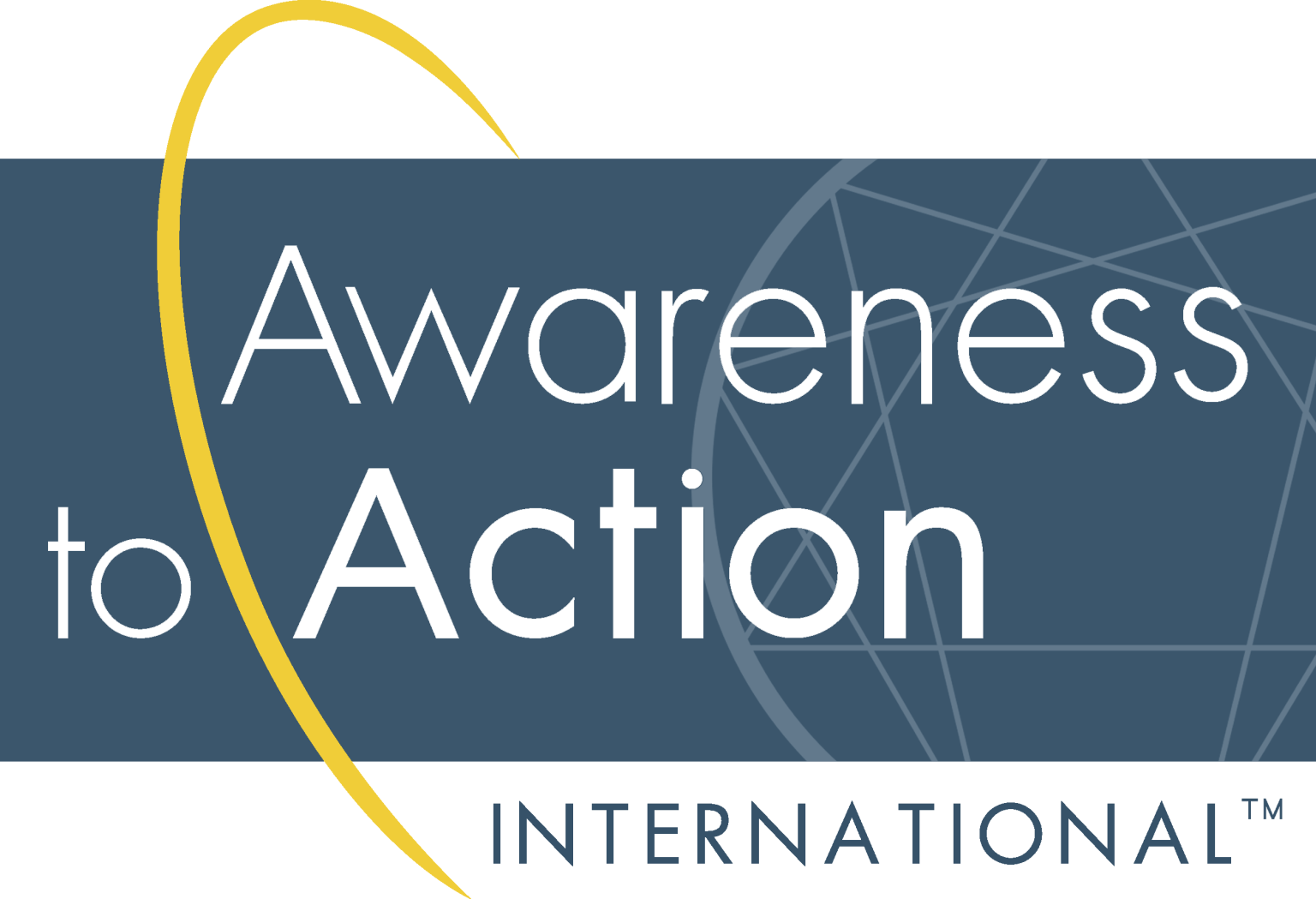“So, what advice do you have for me?” asked Michael.
The question took me a little by surprise. It came at the end of a social lunch, not a coaching session, but Michael was a client I have known for a long time and he never missed an opportunity to learn how to get better. We first met, I’m shocked to realize, when Bill Clinton was still president. He was part of a team run by a leader I coached and he stood out because of his intelligence, singular focus, and work ethic. I later worked with him as a coach and we stayed in touch over the years as he rose in his industry, and I would occasionally work with his teams and some of his subordinates. Occasionally we have lunch together just to catch up as I’ve enjoyed watching his rise to a very large role in a big company.
As I thought about his question for a moment, I realized that for all of Michael’s strengths, there was always one thing that concerned me as his potential Achille’s Heel:
Because he was so smart and hard-working, he had a tendency to be too hands-on sometimes. He wasn’t a micro-manager, mind you, but he had a tendency to sometimes resist delegation. He put too much on his own plate, particularly activities that he thought were really important and left room on the plates of others. He didn’t do this because he wanted the recognition for the accomplishment; in fact, I always thought he was right on the edge of being a little too humble. Rather, he simply wanted to make sure that important things got done and done right, so he sometimes did them himself.
Michael is not alone in this behavior. Most of the senior leaders I have worked with have struggled with it at some point in the careers. For years, they got promoted because they were more capable than their peers. When a critical task or project arises, they were the most natural person to take it on. Old habits die hard, so instead of delegating the task to those former-peers-but-current-subordinates, they think “It will be easier if I do it myself and just get it done.”
There are two dangers in this for leaders who want to rise to senior positions:
- They spend more time on activities that others should be handling rather than devoting that time to higher level strategic activities, and
- Their subordinates are deprived of opportunities to stretch and develop new skills.
As they rise in the hierarchy, the problem compounds and the leader spends increasingly less time doing the things they should be doing and increasingly more time doing things that others should be doing. Their subordinates don’t grow as much as they could, and as the leader rises they experience more and more pressure to fill the gap themselves.
This pattern also means that the leader is less prepared for their next promotion because they take longer to master the responsibilities of their new role.
Some really smart and hard-working executives have the capacity to rise quite far despite this pattern, but often find that they can only do it by working harder and longer. It is tempting for people who have had decades of success to become complacent and assume that what had always worked in the past will continue to work today. Eventually, however, EVERYONE runs out of time and energy, and those superstars who haven’t learned to delegate appropriately and focus on the responsibilities of their current role instead of the responsibilities of the next level down eventually hit a professional plateau.
And, as any senior executive knows, you can only live on the plateau for so long before you start to be viewed as an obstacle to the organization’s progress. Leaders should remember that once they reach a certain level, if they are standing on a plateau there is probably a trap door beneath them. Eventually it will open and they will be gone.
So my advice to Michael was simple, “Spend less time in the weeds. Do your job. Work at your level. Make sure everyone on your team is working at theirs. Start getting ready for what comes next.”
This is simple advice, but it is not easy to do.
It requires that the leader who is successful in the long run at some point learns to be relentlessly focused on discovering, developing, and deploying talented people throughout the organization—people who can do their jobs so the leader doesn’t have to do it for them.
They learn that their value—in the eyes of customers, their bosses, and, eventually, the board of directors—is their ability to perform the responsibilities of their current job, not their previous job.
They learn that it is better to work smarter than to work harder.
They learn to keep one eye on what skills they will need for the next step in their career and they start developing them today.
So as the new year kicks off, and after more than two decades of observing how exceptionally talented people rise—and what causes other, equally talented people to fall—I share this same simple advice with you:
Do your job and work at your level. Make sure everyone on your team is doing the same. Invest some of that saved time in preparing for what’s next.






